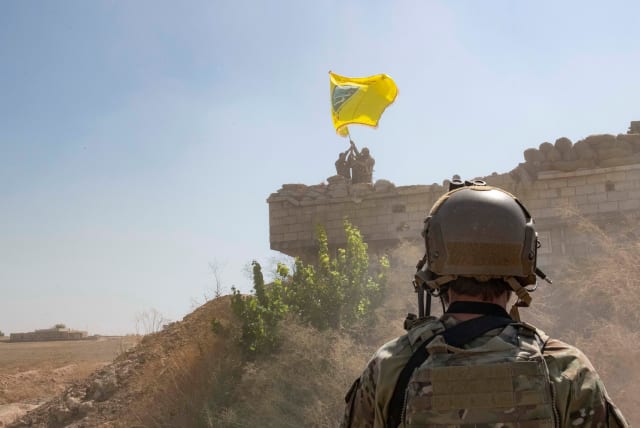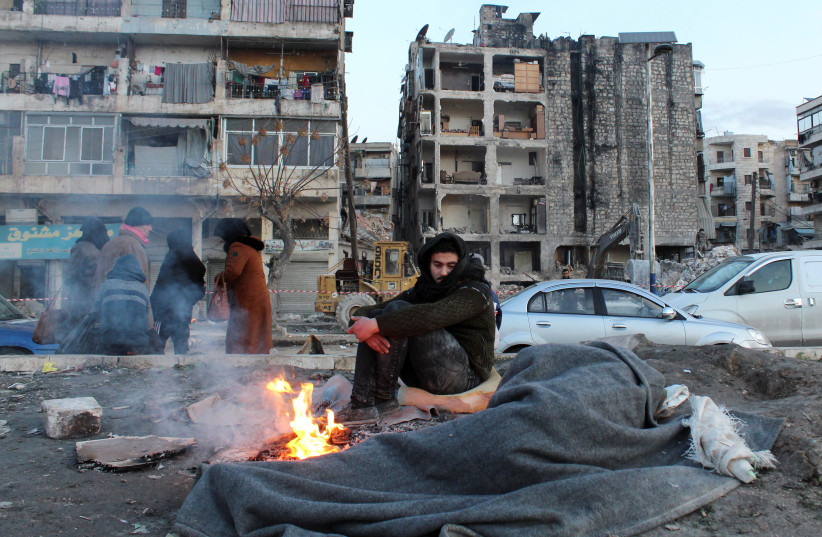Arab states need new approach towards Syria, says Saudi foreign minister

Leaders in the Arab world have addressed a need to step up efforts to dealing with Syria.
Saudi Arabia's foreign minister said consensus was building in the Arab world that isolating Syria was not working and that dialogue with Damascus was needed "at some point" to at least address humanitarian issues, including a return of refugees.
Prince Faisal bin Farhan Al Saud's remarks at a Munich security forum on Saturday mark a shift from the early years of Syria's 12-year civil war when several Arab states including Saudi Arabia backed rebels that fought Bashar al-Assad.
"You will see not just among the GCC (Gulf Cooperation Council) but in the Arab world there is a consensus growing that the status quo is not workable," he said.
The minister said in the absence of a path towards "maximalist goals" for a political solution, another approach was "being formulated" to address the issue of Syrian refugees in neighboring states and the suffering of civilians, especially after the devastating earthquake that hit Syria and Turkey.
"So that's going to have to go through a dialogue with the government in Damascus at some point in a way that achieves at least the most important of the objectives, especially as regards the humanitarian angle, the return of refugees, etc," he said.
Asked about reports that he would visit Damascus following visits by his Emirati and Jordanian counterparts after the earthquake, Prince Faisal said he would not comment on rumors.
Sending aid to government-controlled areas in Syria
Riyadh has sent aid planes to government-held territory in Syria as part of earthquake relief efforts after initially sending aid only to the country's opposition-held northwest.
Shunned by the West, Assad has been basking in an outpouring of support from Arab states that have normalized ties with him in recent years, notably the United Arab Emirates which aims for Arab influence in Syria to counter that of Iran.
Assad has recovered control of most of Syria with support from Russia along with Iran and Iranian-backed Sh'ite Muslim groups such as Lebanon's Hezbollah.
The UAE has been pressing for re-engagement with Damascus, despite opposition from the United States which has imposed sanctions on Syria that remain a complicating factor.
Jerusalem Post Store
`; document.getElementById("linkPremium").innerHTML = cont; var divWithLink = document.getElementById("premium-link"); if (divWithLink !== null && divWithLink !== 'undefined') { divWithLink.style.border = "solid 1px #cb0f3e"; divWithLink.style.textAlign = "center"; divWithLink.style.marginBottom = "15px"; divWithLink.style.marginTop = "15px"; divWithLink.style.width = "100%"; divWithLink.style.backgroundColor = "#122952"; divWithLink.style.color = "#ffffff"; divWithLink.style.lineHeight = "1.5"; } } (function (v, i) { });

